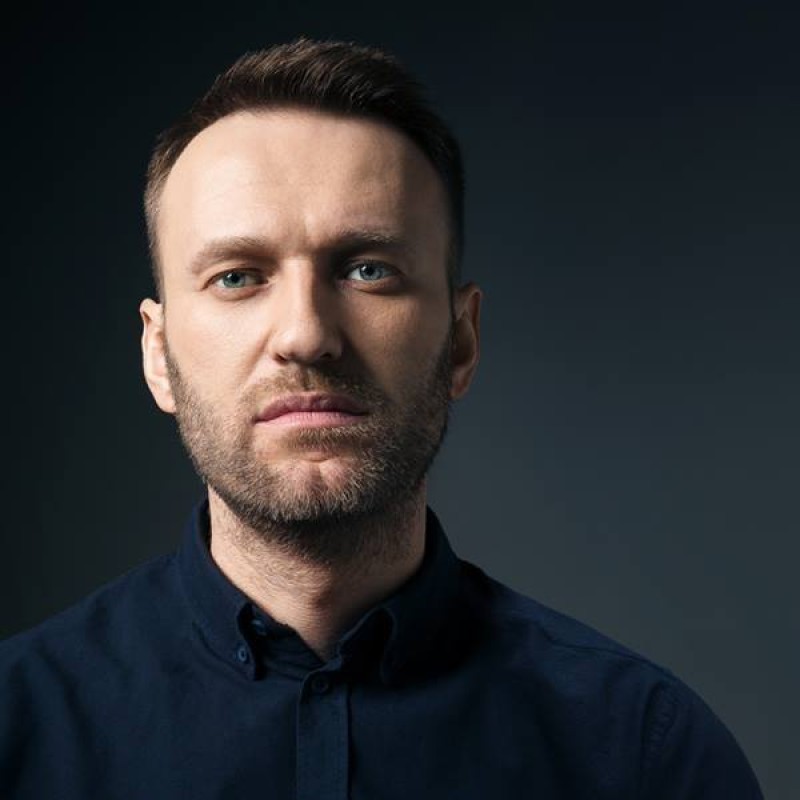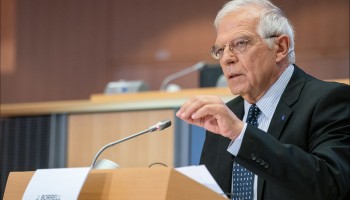The head of the Russian Federal Penitentiary Service (FSIN), Alexander Kalashnikov, confirmed the transfer to the Russian media, but did not specify to which prison Navalny was taken.
Supporters of the Kremlin critic accused the Russian authorities of also ignoring a recent decision of the European Court of Human Rights (ECHR) that called for his immediate release due to “the nature and extent of risk to the applicant’s life” while in prison.
Kalashnikov stressed that there were no threats to the safety or to the health of Alexei Navalny in the prison where he will serve his sentence.
"He will be kept in absolutely normal conditions and, if he wishes, he will be involved in production activities," Kalashnikov said.
Russian authorities arrested Navalny in January upon his return to Moscow from Berlin, where he was treated in a hospital after surviving a poisoning attack in Russia.
Early this month, Moscow's Simonovsky District Court sentenced Navalny for violating the terms of his suspended sentence in the so-called Yves Rocher case, in which he was sentenced in 2014 to house arrest and his brother Oleg to jail for taking advantage of a Russian subsidiary of the French cosmetic company.
The European Court of Human Rights ruled in 2017 that the convictions of Alexey and Oleg Navalny were “arbitrary and unfair.”
Earlier this week foreign ministers of European Union countries agreed to sanction several Russian officials believed to be directly involved in Navalny’s arrest, sentencing and persecution and for ignoring the latest ECHR ruling. The sanctions include travel bans and freezing of assets in Europe.
FSIN director Kalashnikov, according to media reports, is among those said to be sanctioned. The list also includes Russia’s Prosecutor-General, Igor Krasnov; the head of Russia’s National Guard, Viktor Zolotov, and the Chairman of the Investigative Committee of Russia, known as Sledkom, Alexander Bastrykin.





